Lawn Q: perennial ryegrass?
paradisecircus
10 years ago
Related Stories
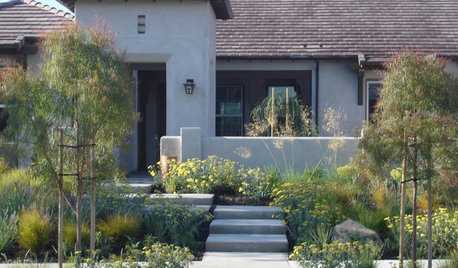
LANDSCAPE DESIGNGet Along With Less Lawn — Ideas to Save Water and Effort
Ditch the mower and lower your water bill while creating a feast for the eyes with diverse plantings and gathering places
Full Story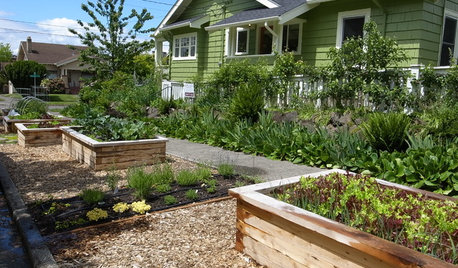
BEFORE AND AFTERSSee 6 Yards Transformed by Losing Their Lawns
Wondering whether a turf lawn is the best use of your outdoor space? These homeowners did, and they found creative alternatives
Full Story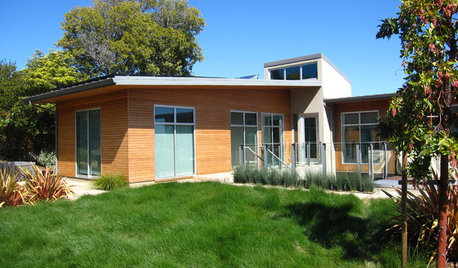
GARDENING GUIDESHow to Plant a New Lawn From Seed
Choose from more grass varieties and save money over sod by starting your lawn from seed
Full Story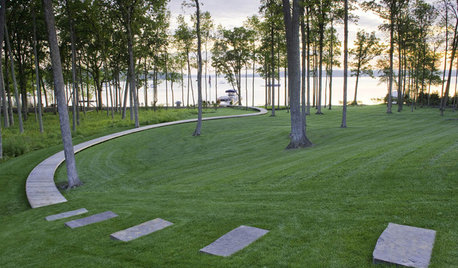
GARDENING GUIDESGive Your Turf the Fall Tune-up It Deserves
Treat your battered lawn to a little TLC this fall, and it will reward you with lush, healthy grass come spring
Full Story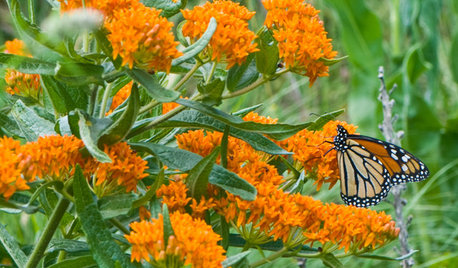
GARDENING GUIDESGreat Design Plant: Butterfly Milkweed, a Beacon in the Prairie
Vivacious orange flowers for you, nectar for the butterflies and bees. Asclepias tuberosa is worth planting for more reasons than one
Full Story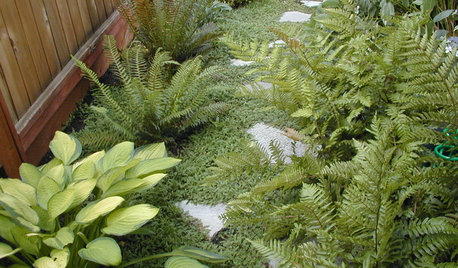
LANDSCAPE DESIGN6 Great Ways With Garden Ground Covers
Use them as problem solvers, weed killers, color and texture providers ... ground cover plants have both practical and visual appeal
Full Story
GARDENING GUIDESNew Ways to Think About All That Mulch in the Garden
Before you go making a mountain out of a mulch hill, learn the facts about what your plants and soil really want
Full Story
EARTH DAYGrow a Beautiful Garden With Ecofriendly Greywater
Reducing home water waste means lower bills and a healthier planet. Here's how to set up a greywater home irrigation system that can help
Full Story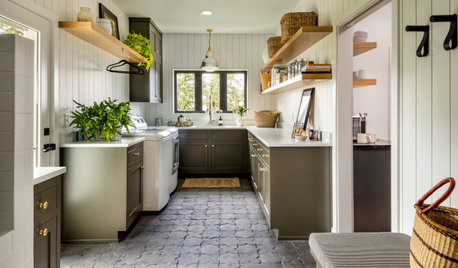
MONTHLY HOME CHECKLISTSYour Fall Home Maintenance Checklist
Prep your house and yard for cold weather with this list of things to do in an hour or over a weekend
Full Story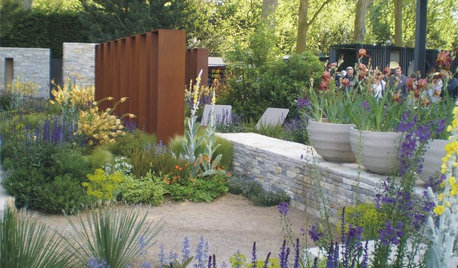
GARDENING GUIDES9 Self-Seeders Capture Chelsea Flower Show Magic
Give your garden show-worthy style with these plants beloved by top designers
Full Story





PKponder TX Z7B
paradisecircusOriginal Author
Related Professionals
Arnold Landscape Architects & Landscape Designers · Brentwood Landscape Architects & Landscape Designers · Cottonwood Landscape Architects & Landscape Designers · Waterbury Landscape Contractors · Conroe Landscape Contractors · Hilton Head Island Landscape Contractors · Munster Landscape Contractors · North Canton Landscape Contractors · Santa Maria Landscape Contractors · Weslaco Landscape Contractors · Palos Heights Landscape Contractors · Jericho Stone, Pavers & Concrete · Estero Window Contractors · Goulds Window Contractors · Hawaiian Gardens Window ContractorsPKponder TX Z7B
Lynn Marie
PKponder TX Z7B